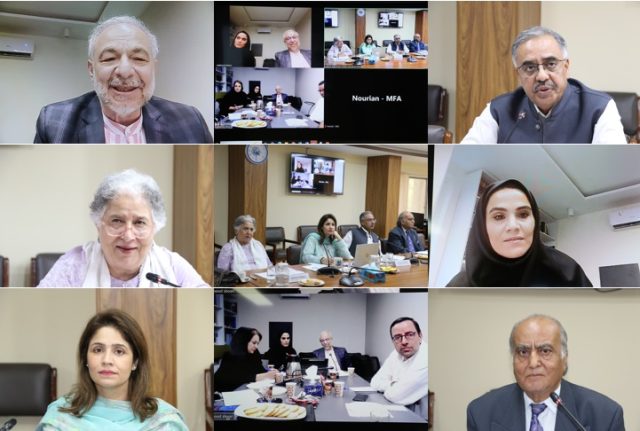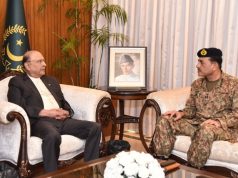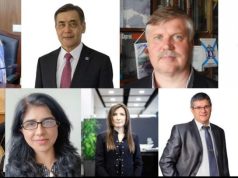ISLAMABAD, Tuesday, July 29, 2025 (WNP): As regional dynamics continue to evolve, the Institute of Strategic Studies Islamabad (ISSI) and Iran’s Institute for Iran and Eurasia Studies (IRAS) convened a high-level bilateral dialogue on Tuesday to explore avenues for enhancing Pakistan-Iran relations in the context of emerging geopolitical developments.
Themed “Iran-Pakistan Relations in the Context of New Regional Developments,” the dialogue brought together senior diplomats, scholars, and policy experts from both nations. The event was moderated by Amina Khan, Director of the Centre for Afghanistan, Middle East & Africa (CAMEA) at ISSI.
Key speakers included Ambassador Sohail Mahmood, Director General ISSI; Ambassador Khalid Mahmood, Chairman BoG ISSI; Dr. Seyyed Rasoul Moosavi, former Director General for Southern Asia at Iran’s Foreign Ministry; Ambassador Riffat Masood, Pakistan’s former envoy to Iran; and Dr. Somaye Morovati, Senior Researcher and Head of the South Asian Group at Tehran’s CMESS.
In his address, DG ISSI Ambassador Sohail Mahmood provided an in-depth analysis of the global and regional shifts, highlighting the erosion of multilateral norms, rising conflict zones, and the increasing use of force in international relations. He emphasized the need to protect international law, promote peaceful dispute resolution, and uphold humanitarian principles.
Referring to the shift toward a multipolar world, Ambassador Mahmood called it an opportunity for both Pakistan and Iran to contribute toward building a fair, inclusive, and rule-based global order. He discussed the implications of the Iran-Israel standoff, the Gaza genocide, and the Russia–Ukraine war—warning of their destabilizing impact on the broader global landscape.
He welcomed the upcoming visit of the President of Iran to Pakistan, calling it a significant step in enhancing mutual collaboration. He stressed deepening bilateral engagement in trade, energy, economic cooperation, and regional connectivity, and urged greater coordination on Afghanistan-related issues, especially security and cross-border stability.
Participants unanimously underscored the strategic depth of Pakistan-Iran relations, rooted in shared history, cultural affinity, geographic proximity, and common positions on regional and global challenges. They advocated for reinvigorated trilateral mechanisms, improved intelligence-sharing, and joint efforts to counter terrorism and other transnational threats.
Speakers also emphasized the importance of supporting legitimate causes like Palestine, and strengthening regional cooperation through strategic dialogue and political will.
The dialogue concluded with a shared vision for stronger, future-focused Pakistan-Iran relations, especially in the face of a rapidly transforming geopolitical environment—affirming both countries’ roles as key regional stakeholders in the pursuit of peace, connectivity, and stability.




